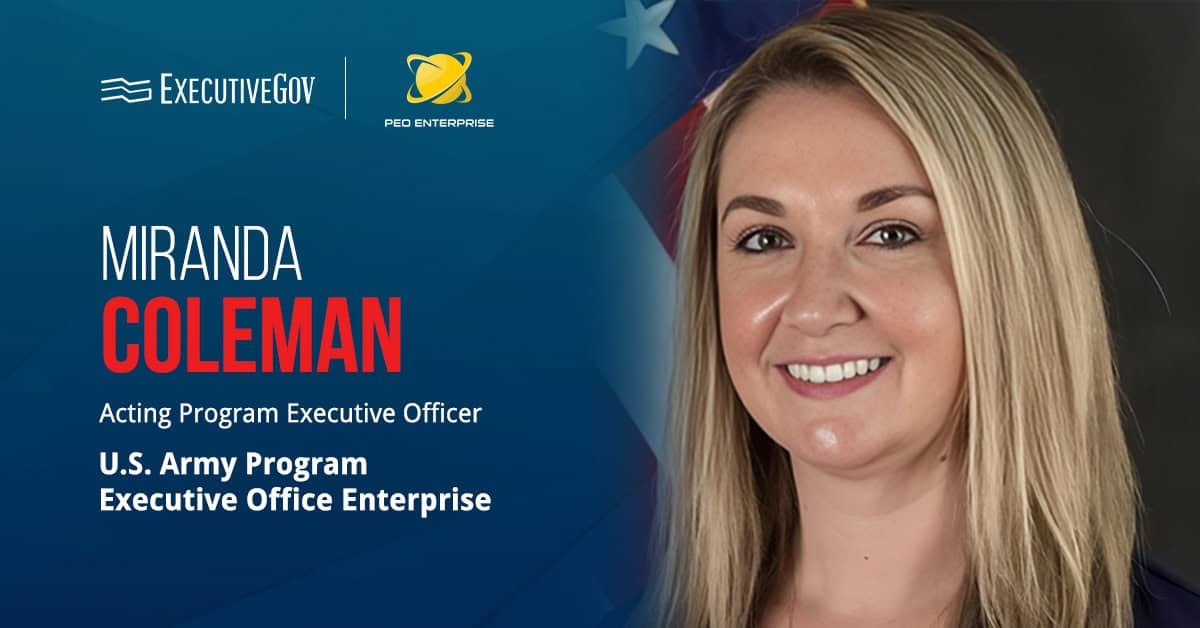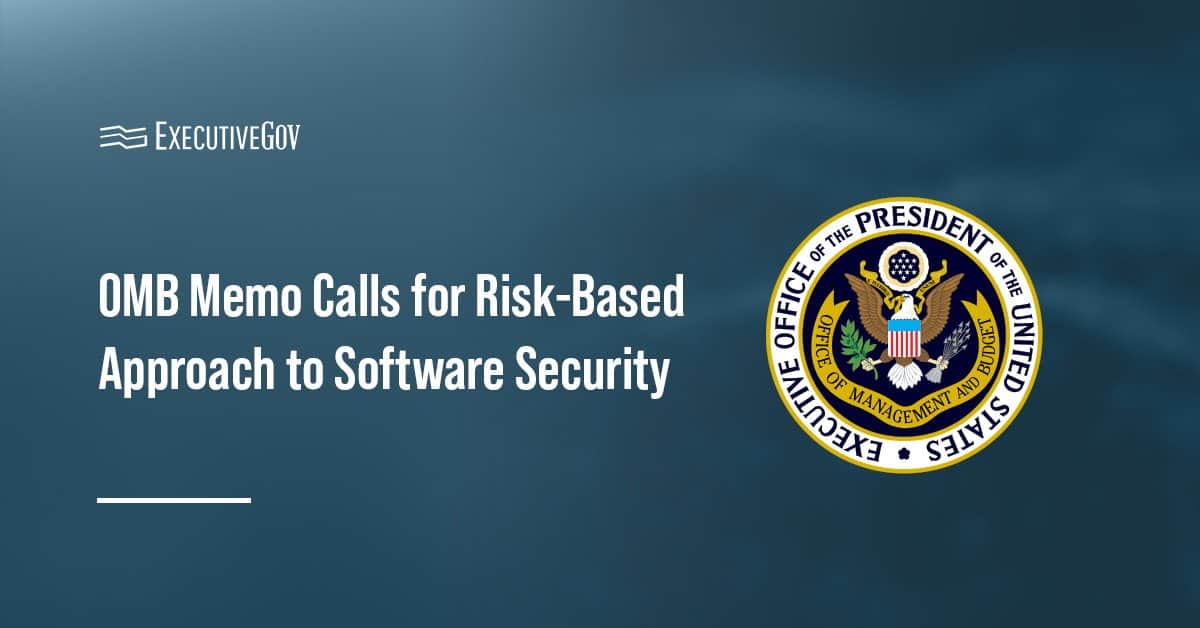Maj. Gen. Sean Gainey, director of the Joint Counter-Small Unmanned Aircraft Systems Office, (JCO) said the U.S. Army will conduct the first government-industry testing event for counter-sUAS technologies in April, Defense News reported Friday.
The service's Rapid Capabilities and Critical Technologies Office will host the testing alongside the U.S. Air Force, Gainey said Friday at a virtual event held by the Center for Strategic and International Studies.
The event will take place during April's first week and represents the defense industry's first opportunity to demonstrate counter-sUAS technology for the Department of Defense (DoD).
JCO has already identified temporary counter-UAS systems to be demonstrated under the program. One of these is the U.S. Marine Corps' Light Mobile Air Defense Integrated System for mounted or mobile use.





